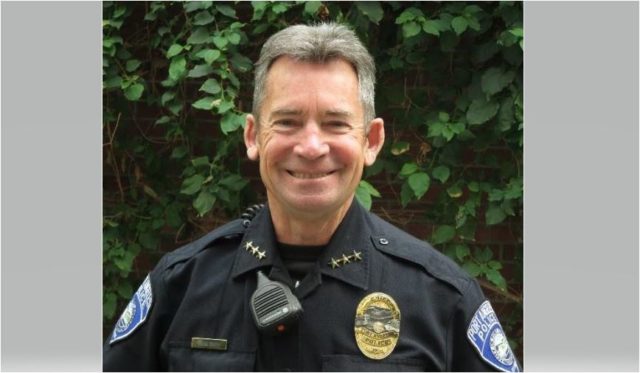
BY PEPPER FISHER
OLYMPIA – A bill making its way through the state Legislature would bar police from stopping drivers solely for nonmoving violations, such as expired tabs or a broken headlight. Instead of pulling people over, officers would send warnings in the mail about nonmoving violations if they have no other reason for a stop.
If HB 1512 passes, officers could still pull people over for criminal offenses, such as not wearing a seat belt, not having license plates, being on the phone, or displaying tabs that expired over a year ago.
The same goes for equipment violations that present a risk to other drivers, like having both headlights or taillights off at night, a shattered windshield or a dragging muffler. And police could still cite drivers for nonmoving violations during a stop, but they would need to initially pull the driver over for something else.
Supporters argue reducing stops for minor infractions would free up time for officers to prioritize drivers who are under the influence of drugs or alcohol or speeding.
One of its opponents is Port Angeles Police Chief Brian Smith, who testified on the matter before legislators this week. He says the new law would pile on more paperwork for officers for every stop, and severely limit the questions they can ask of a driver. Smith thinks micromanaging traffic stops is a bad idea.
“We’re already regulated. We’re already following law, policy. Adding a whole chapter that literally micromanages our traffic stops will yield less of them, will make them more complex, and much of this stuff will be subjective. For example, is it a safety issue to the extent you can stop somebody if you only have one headline at night? I would argue it is. The registration part of it, as I read it, you can choose to drive your car up to 12 months not registered. I think that means you just pay every other year. I don’t think that’s good policy.”
Police accountability advocates say stops for nonmoving violations do little to improve public safety while disproportionately affecting people of color. And the fines can be burdensome for low-income communities. And while Chief Smith says he and his officers are sympathetic to those issues, they have little to do with why they make a traffic stop.
“Law enforcement deals with behavior. Okay? So, if you’re looking for outcomes, we don’t practice outcome-based policing. Like, we simply go where the behavior of the situation takes us. In a traffic stop, it’s very common that we wouldn’t know much about the demographics of somebody until we’re actually talking to them. We may or may not even know the gender. So, a DUI’s a DUI. Speeding is speeding. And, I mean, I reject that somehow we’re able to tilt the scales, and only pick, like, certain people that make stops on. That’s not how it works.”
The Senate version of HB 1512 hasn’t been scheduled for a public hearing. The House bill doesn’t yet have a committee vote scheduled.
The proposal would take effect 90 days after the session adjourns, scheduled for April 27.
